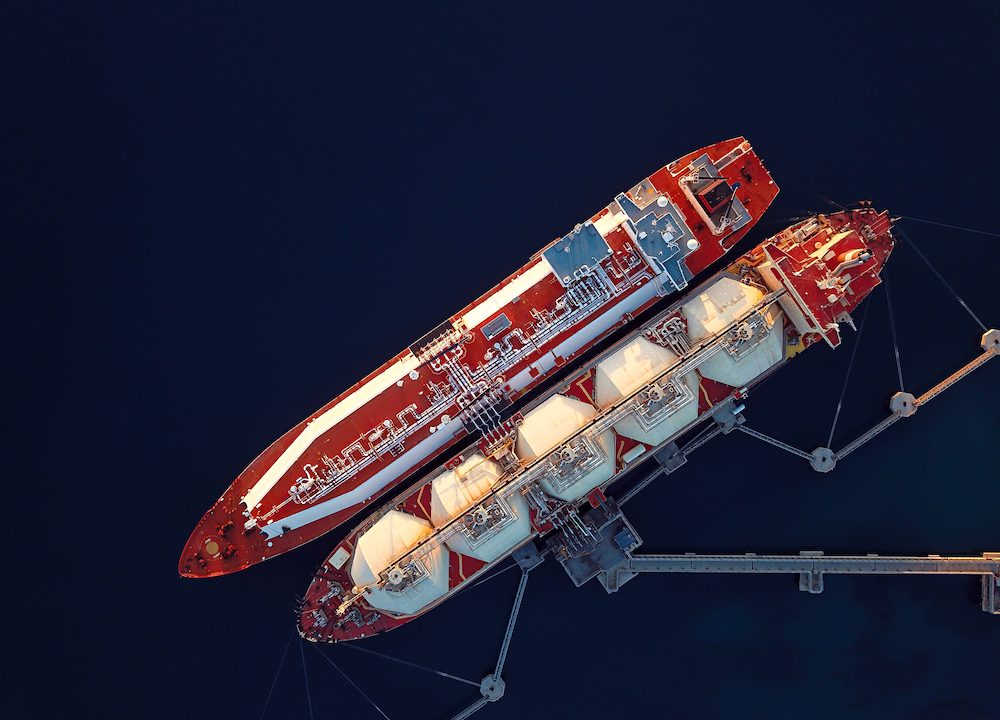And it could also increase vessel lifetime
Posted on: 13 April 2023
The Lloyd’s Register (LR) Maritime Decarbonisation Hub’s Zero-Carbon Fuel Monitor has found that although technology readiness is high, the formation of viable economic cases for each player in the supply chain is needed to scale up adoption of Onboard Carbon Capture Utilisation and Storage (OCCUS).
The research has found that technology readiness for OCCUS is significantly higher than its investment and community readiness, largely due to the development and usage of carbon capture technology outside of the maritime industry.
To see the potential benefits of OCCUS adoption, the readiness assessment highlights that regulations will need to be updated to address the practical challenges, including carbon accounting and how OCCUS aligns with MARPOL regulations. There is also a need for significant infrastructure scaling and investment for onboard and offloading solutions to drive adoption. Additionally, safety and operational factors surrounding offloading of liquified CO2 as a result of the carbon capture process need to be considered.
Outlining the need for an increase in investment readiness for OCCUS, the report concludes that evidence is required to validate the real-world performance of onboard capture technology, to ensure adopters can be assured of the technology’s emission reduction credentials.
The research suggests the solutions could play a significant role in the shipping industry’s journey towards zero carbon emissions, with OCCUS considered as a mid-term ‘step’ for ship operators and owners. OCCUS technology has potential for existing vessels where conversion to zero carbon fuel is cost prohibitive, thus increasing the lifetime of an asset.
Charles Haskell, Director, LR Maritime Decarbonisation Hub said: “The maritime industry needs decarbonisation solutions that reduce emissions in the short to mid-term, and carbon capture can be a transitional tool for operators and owners to do this. LR Maritime Decarbonisation Hub’s research emphasises the need to focus on providing demonstrable evidence that OCCUS systems can help owners in meeting interim emissions regulations with existing vessels.
“The research also underlines the need for maritime supply chain stakeholders to come together, to ensure that the required infrastructure is developed and implemented to allow the industry to use the solutions which score high on technology readiness.”
The publication of the research follows this week’s announcement that LR has been selected by the Global Centre for Maritime Decarbonisation (GCMD) to carry out an industry first concept study into offloading liquefied CO2 as part of the carbon capture process, addressing the requirement for infrastructure and safety as part of the OCCUS process. LR has also been involved in a number of other carbon capture projects, including the Approval in Principle for Value Maritime’s Filtree system and Rotoboost’s pre-combustion carbon capture solution.




